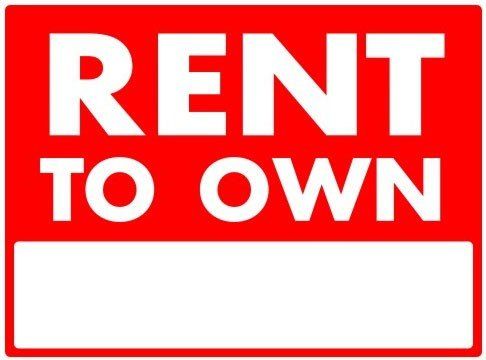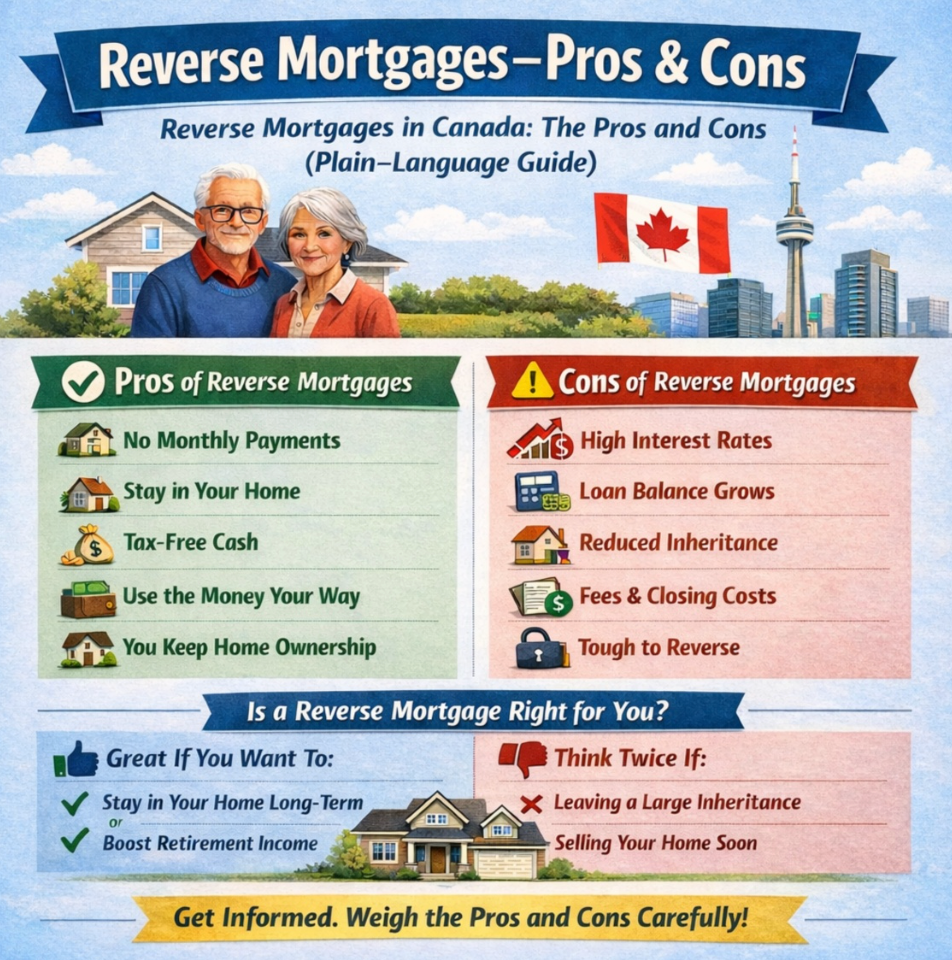Rent-To-Own When Buying a Home - It’s Complicated!

The three biggest requirements of buying a home typically include:
1. Great credit
2. Provable income to support the mortgage payments
3. Down payment & closing costs
If you lack the resources to buy a home the traditional way or perhaps need time to repair your credit, you may want to consider purchasing a home through a rent-to-own program.
In a nutshell – buyer beware!
When a seller advertises that they will consider doing a rent-to-own deal, they will be looking for someone to lease the house with two contracts. One contract will be a regular rental-lease contract, and the second contract will deal with the purchase part of the home.
- The home purchase contract will be for usually a period of one year to three years.
Many people think that the seller will simply set aside some of the rental money as a down payment contribution, but this is not exactly the case.
The buyer has to pay the regular amount of market rent, and in addition they will have to pay an additional monthly installment, that will be credited towards the down payment.
Critical information to start the process
1) Hire a lawyer who has extensive experience with Rent-To-Own agreements to write up the Rent-To-Own contract.
2) Rent-To-Own purchase agreement signed by all parties.
3) Appraisal of the property prior to signing the Rent-To-Own agreement.
4) A market rent appraisal of the property done prior to signing the Rent-To-Own agreement.
5) The monies being put towards the “deposit”, (typically $500-1000/month above the rent), MUST be refundable to the renter, should they decide not to purchase at the predetermined, contracted time.
6) The monthly amount above the rent (which becomes part of the down payment) must be kept in a separate account to show accumulation of the “down payment” funds.
7) Keep records for EVERY Rent & Monthly installment payment made to seller.
At the end of the Rent-To-Own contract, you must be able to qualify for a mortgage for the remaining balance of the mortgage.
It is imperative that you get independent legal advice (with an experienced Rent-To-Own Lawyer) for any Rent-To-Own contract that you sign.
The Pitfalls
1) There is NO guarantee that you will qualify for a mortgage at the end of your term; hence you may lose some/all of your deposit.
2) You are buying a home based on an estimated future value, so you could be paying an over-inflated price. What happens if your house de-values over the term of your Rent-To-Own contract?
3) If you end up with a “private” mortgage, there are hefty fees & higher interest rates.
4) You need an initial deposit (usually 5-10% of the value of the home).
5) Terms are usually 1-3 years, so if you’re credit/income challenged, you may not qualify for a mortgage at the end of your contract.
6) You must complete certain purchase/rent-to-own documents up front (for lender’s future use) or you won’t get the mortgage (check with your lawyer to see which documentation you require).
- These items can include: up front appraisal, option purchase agreement, market rent reports and more. These documents must be completed and dated at the start of your agreement.
7) Very few lenders will mortgage on Rent-To-Own.
8) If you have less than a 20% down payment and need mortgage default insurance – you must comply with another set of lending rules with the Mortgage Default Insurers.
Rent-To-Own does have restrictions compared to purchasing a home outright.
The property is still owned by the landlord, which means that you will have to follow the rules that the landlord has. Violating your lease, such as having pets when your landlord does not allow pets, might mean that your right to purchase agreement will become null and void, meaning that you will lose your option fee and rent credits deposit.
Do you have any questions about buying your first home, let’s have a chat.
Kelly Hudson
Mortgage Broker
Mortgage Architects
Mobile: 604-312-5009
Kelly@KellyHudsonMortgages.com






